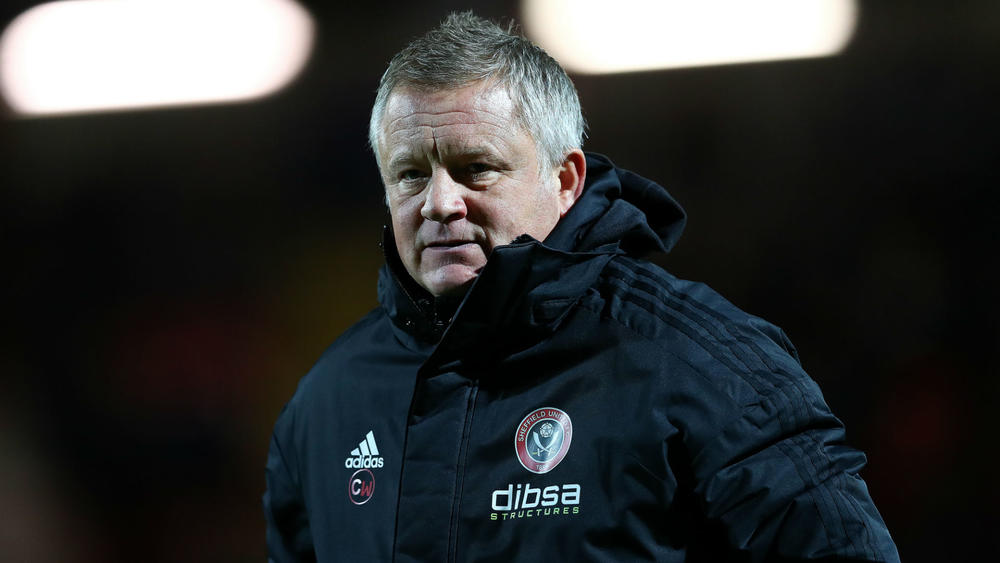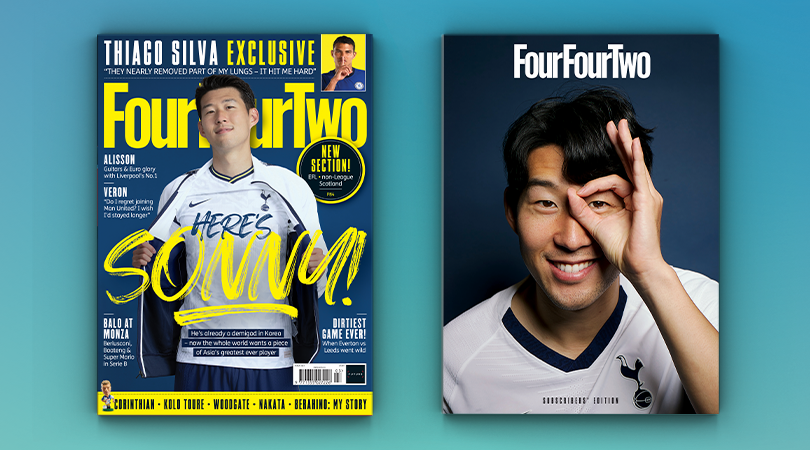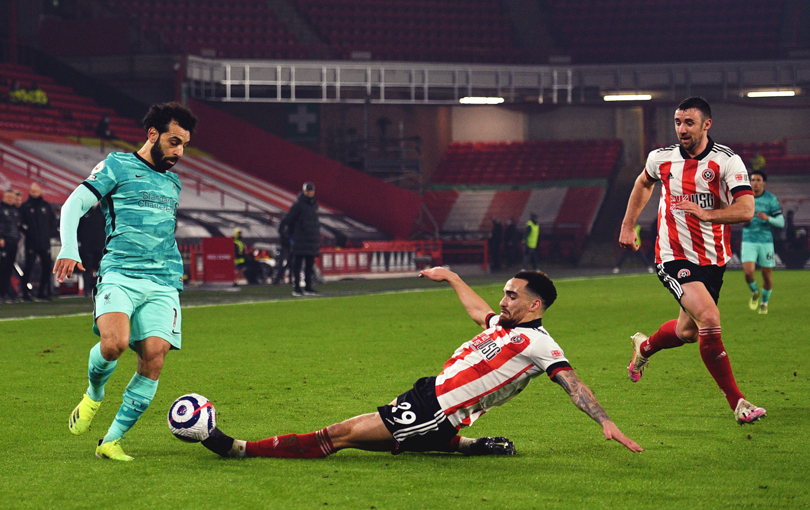How Sheffield United went from chasing Europe to ceding the relegation battle
Chris Wilder has admitted his Sheffield United side are doomed to the Championship, just seven months on from a heroic ninth-place finish

The earliest Premier League relegation was rubber-stamped in March (Derby, in 2008). One of the first admissions of resignation to relegation came in February: this February. “This is an incredibly tough situation and one we don’t look as if we are going to get out of,” said Chris Wilder on Sunday. “We will be [playing] Championship football; that’s realistic, not defeatist.”
Some can require a surfeit of self-belief to prosper in sport. Wilder has brought a critical eye and an honest approach. Eleven points on the board, 15 from safety, he spoke of a gulf in class. “This division is brutal and it exposes you,” he said.
To go from ninth to 20th, from 54 points to perhaps 15 or 20, would feel alarming regression, but Sheffield United’s will be a forgivable, understandable relegation. Mistakes have been made, but they were rendered costlier because they had little margin for error.
“It has to be the perfect storm for us,” Wilder said. United sustained that storm over the first 35 games of last season before a trio of defeats ended their improbable quest to qualify for Europe.

Wilder described their model as signing the best Championship players, but theirs was an extended experiment in how far graduates from League One (and, in a handful of cases, League Two) can go, aided by a collective commitment and abetted by a unique tactic. Stripped of their best overlapping centre-back and arguably their finest player, the injured Jack O’Connell, they have lost their uniqueness and, as a result, far more matches.
Jurgen Klopp noted how United tend to lose by small margins. Never, perhaps, has a team been beaten so often without really being thrashed. They have not capitulated, but they have been beaten by more talented teams. They have been defeated in both boxes, slumped because of their transfer business, suffered from injuries, which barely affected their defence and midfield last season, and a collective reversion to the mean.
EUROPE Has the quality of La Liga dropped? Why Spanish football is enduring a transitional phase
The best features, fun and footballing quizzes, straight to your inbox every week.
Perhaps only Chris Basham, George Baldock and David McGoldrick have maintained form; Sander Berge threatened to add another dimension but has been injured. But Wilder joked recently that John Fleck had been replaced by his brother Jimmy for a while, before the imaginary latter went back to the Highland League. In Fleck, Ollie Norwood and John Lundstram, an overperforming midfield has become an underwhelming one.
Fleck and Lundstram have added pertinence. Between them, they got 10 league goals last season. They have none now. The former was an anomaly, a formula working better than felt possible. Even with them, United were not prolific: they turned 39 goals in 38 games into a top-half finish in a season when Bournemouth got 40 and got relegated.
That gulf in ability and in resources is most apparent in the final third. Even in a season when McGoldrick averages a goal every 299 minutes and Billy Sharp one every 206, the other Blades have been blunt. Their Championship strike partnership have been their only real scorers. And, at this stage, two individuals become unavoidable issues.

United could not afford to fail in the transfer market, either. They did, with the possible exception of bringing in Jayden Bogle. They were outbid for Matty Cash and Antonee Robinson – one with the fee, the other with wages – and brought in back-ups: with two costly exceptions.
At one end of the pitch, Rhian Brewster cost £23 million and has no goals in 20 games; at the other, Aaron Ramsdale cost £18.5 million and, while he excelled against Liverpool on Sunday, has one clean sheet and has been a downgrade on Dean Henderson. They needed an immediate impact from a 20-year-old and a 22-year-old and got one from neither.
They are far from the only reasons why United went from scoring as many goals as they conceded to letting in almost three-quarters of the goals in their matches, but a side who went from winning by one (nine times) to losing by one (on 14 occasions). They are not one of the worst teams in Premier League history but they could end up with one of the lowest points tallies.
They will revert to the Championship, scarred by the division it took some of their players a footballing lifetime to reach and to which some will not return. And yet the memories of the season when everything went right ought to last longer than those of the campaign when most things that could have gone wrong have.
NOW READ
RANKED The 10 worst title-defending teams in Premier League history
LONG TABLE Here's how the Premier League table REALLY looks
CHAMPIONS LEAGUE 10 European trophy-winning teams who were terrible domestically
Richard Jolly also writes for the National, the Guardian, the Observer, the Straits Times, the Independent, Sporting Life, Football 365 and the Blizzard. He has written for the FourFourTwo website since 2018 and for the magazine in the 1990s and the 2020s, but not in between. He has covered 1500+ games and remembers a disturbing number of the 0-0 draws.

